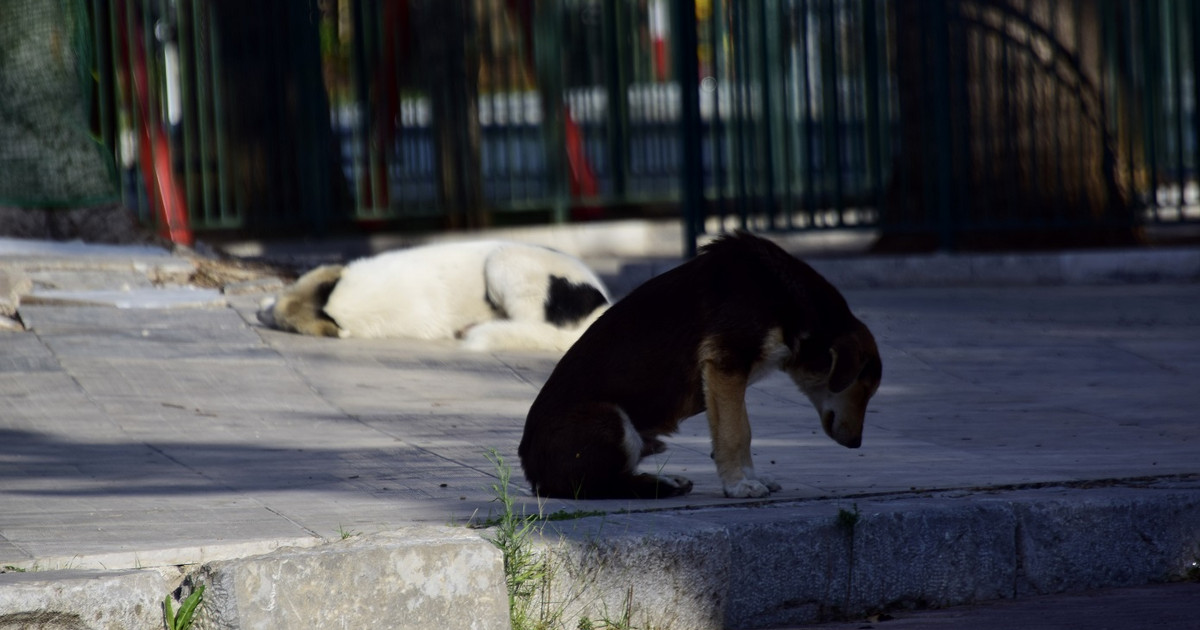As the first frigid weather of autumn chills the Northeastern United States, many people are faced with a difficult decision: deal with the rising costs of heating their homes or live without it.
Home heating prices are skyrocketing again this winter, up 18% nationwide, up from last year’s peak of 17%, according to the National Association of Energy Assistance Directors (NEADA).
Charmaine Johnson, 63, works in the call center for Philadelphia’s Heater Hotline, part of a nonprofit organization that helps low-income families with their heating systems and bills. She can relate to the concerns she hears all day, as she too is struggling to pay her heating bills.
With the help of her son, Johnson has just paid more than $1,000 to fill part of her oil tank, which she hopes will last most of the winter.
Johnson says he doesn’t qualify for government assistance with his heating bills. As inflation also increases her budget for food and other expenses, she is gathering and keeping the heat low, hoping to stretch the oil out as long as possible.
“It’s a miserable situation,” she said. “It’s like living in an igloo.”
Several factors are driving increases in home heating prices, including the war in Ukraine, OPEC+ cuts, an increase in energy exports, lower energy inventories and a high demand for natural gas in the US electric sector, according to the Energy Information Administration (EIA).
The EIA calculates that heating a home with natural gas will cost 25% more this winter, and heating with electricity will be 11% higher. The sharpest increase will be in heating oil, which is expected to be 45% more expensive than last winter, affecting around 5 million homes, mostly in the northeast of the country.
Tim Wiseley is keeping the heat in his home outside of Philadelphia, even as temperatures drop to zero. He wants his heating oil to last as long as possible and filling his tank costs about $1,500.
“It’s 50 or 55 degrees here. For me, that’s still not unbearable,” Wiseley said, adding that he’ll turn on the heater when his “teeth chatter.”
The 67-year-old is retired, living month-to-month on Social Security benefits. He lost his wife last year and his medical bills are adding to the long list of expenses.
“You cannot go buy food and get oil. It’s one or the other,” she said.
Wiseley believes he will run out of heating oil sometime this winter. He’s not sure what he’ll do when that happens.
“It’s a horrible feeling,” he said. “It’s a feeling I don’t wish on anyone.”
This winter, the Biden administration is handing out $4.5 billion in federal assistance to help families pay their heating bills.
Funding for the Low Income Home Energy Assistance Program, known as LIHEAP, stems from regular congressional appropriations, additional emergency funding lawmakers included in September’s rolling resolution, and $100 million from the bipartisan infrastructure bill passed earlier in the year. past, according to the Department of Health and Human Services.
Annette Thomas, 53, and her husband received $500 from that program to help heat their home near Philadelphia, she said. But it was enough to fill about a third of the tank with oil, which Thomas believes will only last two to three weeks.
“That’s why we’re postponing it,” she said. “We haven’t turned on the heat yet. And it’s cold now.
They are trying to pay the electric bill in the next few days to avoid a shutdown. Also, your other bills and expenses are pretty high. So they’re using space heaters and electric blankets to stay warm, hoping to save the heating oil for when the kids come home for Thanksgiving.
“These are not luxuries, they are necessities and it’s a struggle,” said Thomas. “So yes, it is disturbing.”
Source: CNN Brasil
A journalist with over 7 years of experience in the news industry, currently working at World Stock Market as an author for the Entertainment section and also contributing to the Economics or finance section on a part-time basis. Has a passion for Entertainment and fashion topics, and has put in a lot of research and effort to provide accurate information to readers.






